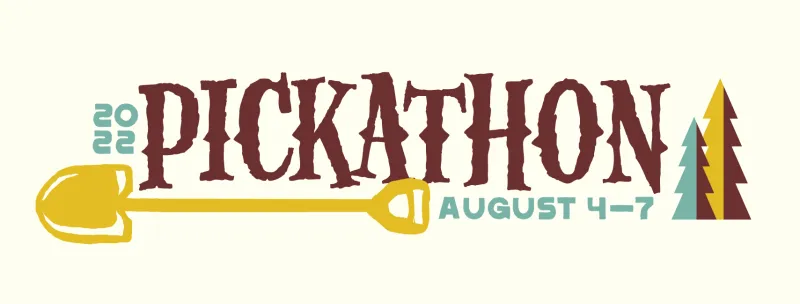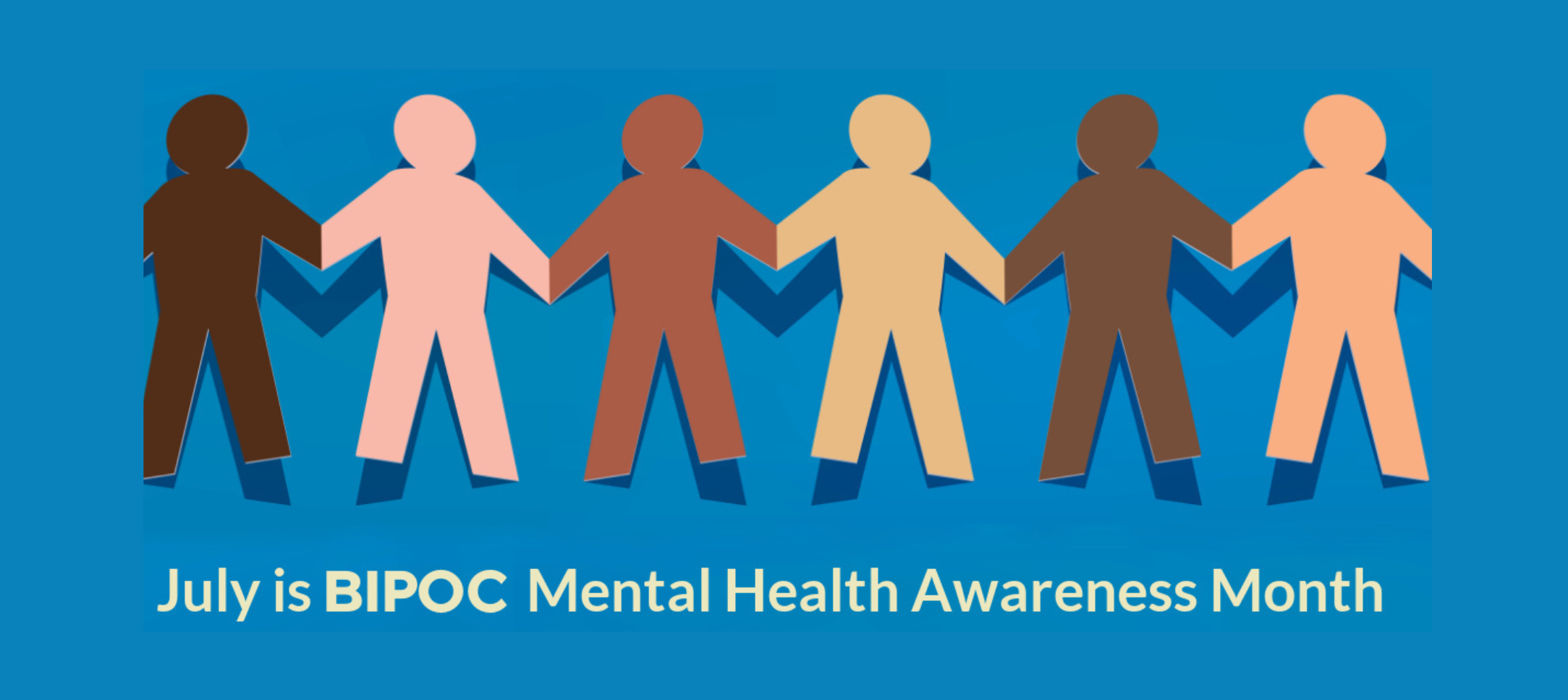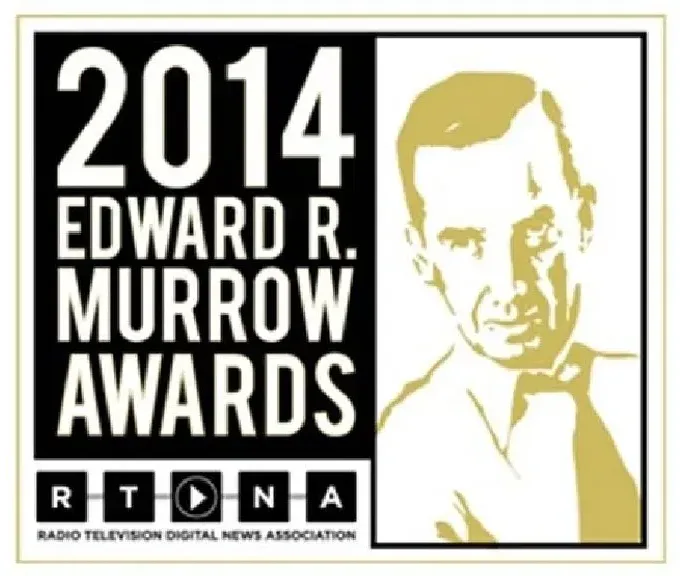Last Friday night, I was scrolling through my Facebook newsfeed when a friend who was studying abroad in Paris posted a status letting family and friends know she was safe. Soon after my first encounter with the breaking news story, reports began to pop up about the horrible events unfolding nine hours ahead in France in which 129 people were killed and many other wounded.
As the world learned of the unfolding attacks, support for Paris poured out on social media – along with sympathy for other countries undergoing atrocities of their own – creating a sense of global solidarity in the face of disaster. But when the Islamic State of Iraq and Levant (ISIL) claimed responsibility for the atrocities, attacks on the religion of Islam began to explode all over media, many of which were perpetuated through national news sources themselves.
This video makes clear that the journalists interviewing scholar Reza Aslan were not fully educated on the cultural differences between various Islamic-majority nations and the religion of Islam itself. This is just one example of how lack of knowledge or religious and cultural tolerance can feed into confusion and misrepresentation of ethnic and religious groups.
The ways in which media have framed and covered Islam since 9/11 have contributed to harmful stereotypes that connect the religion with justification for violence. These portrayals create a sense of “otherness” that casts 1.57 billion followers of Islam into one frightening spectre.
The respected Canadian Centre for Digital and Media Literacy writes:
“Since media representation of Islam has changed drastically within the past decade, it is necessary to see how these representations have shaped public opinion of Islam. While only a minority of children have been found to hold prejudiced or racist views regarding Islam, a majority perceive Muslims to be foreign and alien, fueling the notion that Islam is a threat to Western culture and that Muslims are different from what members of Western society ‘should’ be.”
Culturelink.org discusses the important role broadcasters play in communicating information during crises and calls for a movement towards intercultural and interfaith conversations in coverage:
“Real dialogue is possible only in the presence of mutual knowledge and acceptance of cultural and religious values. Accepting others must mean more than tolerance—it should mean accepting them as members of the community without necessarily any loss of their unique identity.”
Following anti-Muslim rhetoric in media coverage of the attacks on Paris, twenty-eight civil rights and faith organizations signed a letter addressed to the media calling for an end to conversations that strive to falsify or demonize the religion of Islam.
Asking for mindfulness, the letter states: “The American people depend on all leaders and media for an open and disciplined debate about acts of terror and ways to respond relying on historical context and multiple perspectives, including those from Muslim, Sikh, Arab, South Asian and other communities here in the U.S. and abroad.”
In striving for better practices of journalism, media professionals should look to Article 19 of the Universal Declaration of Human Rights that works to promote freedom of expression and information. In a policy brief, Article 19 addresses a growing concern worldwide about factual and fair reporting and media’s role in producing prejudice and hateful language. The study “Getting the facts right: reporting ethnicity and religion,” found that major obstacles to balanced and accurate reporting include lack of time, knowledge, training and resources.
“Journalism can be seen as a human right – right to inform and be informed – but, in the case of hate speech, can be seen as an instrument for human rights violations. Journalism provides the means for promoting human rights by reporting about events where violations occur, analyzing, interpreting and providing space for commentary on acts of discrimination and generally increasing audiences’ knowledge and understanding of these issues.”
As the open letter concludes:
“To those leaders and media figures who have responsibly relied on multiple and diverse perspectives and the facts, we thank you and ask that you continue doing so.”
- A Very New Pickathon in 2022 - August 13, 2022
- Pickathon returns to Pendarvis Farm! It’s not just the artists that’ll be new. - August 3, 2022
- July is BIPOC Mental Health Awareness Month (Black, Indigenous, Persons of Color) - July 14, 2022









Leave A Comment